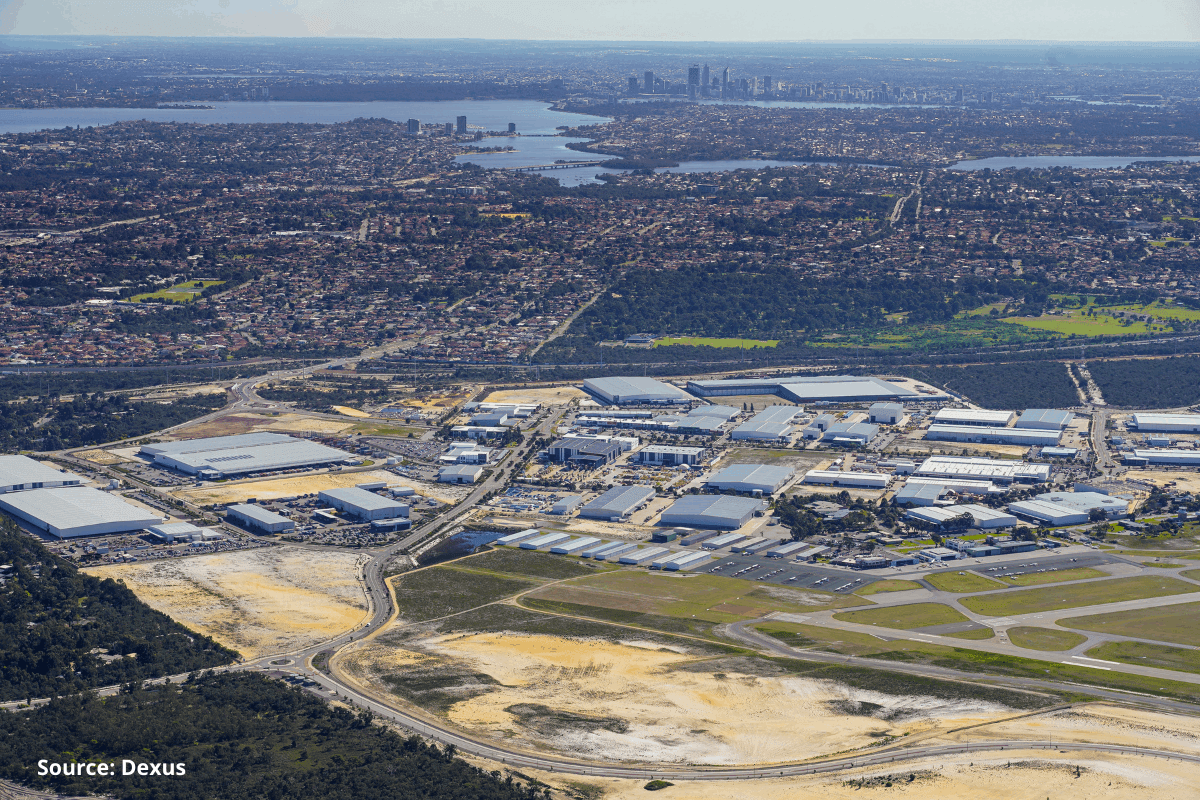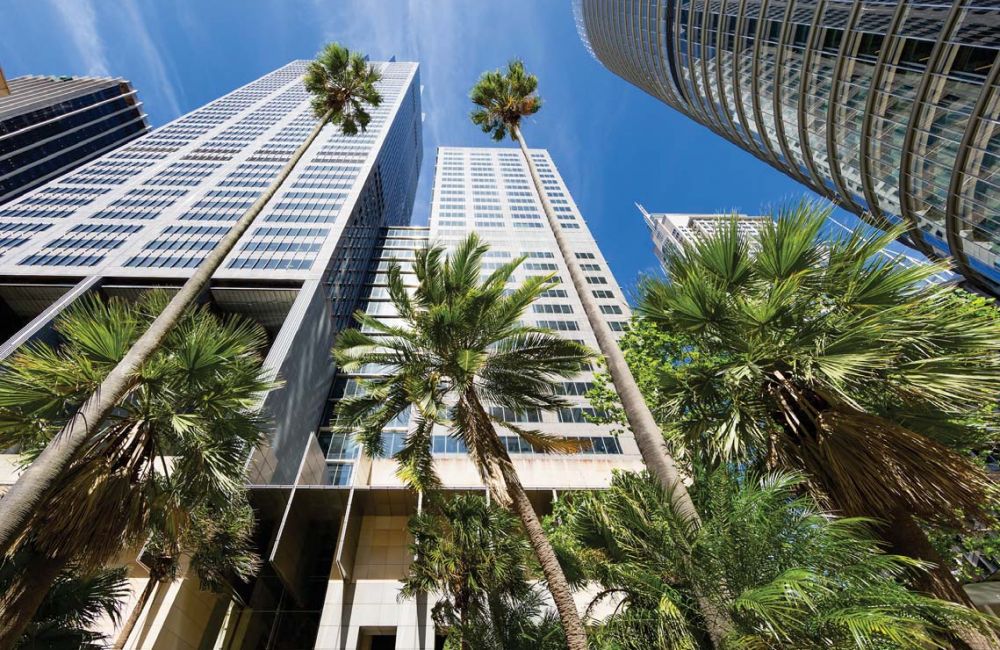
Dexus Research today released the Australian Real Estate Quarterly Review Q2 2023. This report describes the outlook for Australia’s main commercial property markets.
Peter Studley, Dexus Head of Research said: “While interest rate rises are making for challenging conditions, there are signs that they are getting close to their peak.
Australia’s headline inflation rate (monthly indicator) appears to have peaked and slowed from 8.4% in December 2022 to 6.8% in February 2023. While rents, energy bills and house prices are still inflationary, items like food, transport and accommodation are becoming less so.
While the current phase is characterised by rising interest rates and risk, Dexus believe that the next phase may well be one of flat to falling interest rates and growth. Dexus says occupier demand will be fuelled by Australia’s strong population growth, forecast at 1.5% per annum over the next five years, the highest of any advanced economy.
Dexus acknowledge that investors are cautious about the outlook, but are quick to remind investors of the reasons to maintain or increase exposure to real assets in the short term.
“Despite volatility in pricing across all asset classes, there are reasons for investors to maintain or increase exposure to real assets, which include a steady defensive income return and a significant diversification benefit.”
“It is in times of volatility that the qualities of real assets are most apparent. While financial assets can have value stripped away quickly (such as Twitter or Credit Suisse), real assets are physical assets that have an intrinsic worth due to their substance and purpose. The price of an airport or a hospital may change from year to year, but its underlying value to the community typically remains high, sometimes performing an essential service.”
“In the past, real estate has provided a high and steady level of income compared to other asset classes such as government bonds and Australian equities. Over the past three years, unlisted real estate funds provided a 4.0% per annum income return, ahead of other asset classes like government bonds (2.0%) and Australian equities (3.8%). The future growth in value of such assets is typically secured by leases and operating agreements.”
Key observations include:
- Office demand has been positive in the Melbourne, Brisbane, and Perth markets over the past quarter, while Sydney saw a contraction
- Office vacancy rates remain elevated, however net face rents have risen with Sydney CBD, North Sydney, Melbourne CBD, Brisbane CBD and Perth CBD experiencing positive quarter-on-quarter growth
- The industrial market continued to perform strongly. Record low vacancy continues to lead to significant rent growth
- While sales growth has been above average over the past year, the retail sector is likely to face some headwinds through 2023. Positives include a decline in shopping centre vacancy rates and an increase in international migration
- In healthcare, there was an increase in private health insurance uptake and progress on state and federal government reviews to address rising costs and staffing levels
- Real estate capitalisation rates are estimated to have lifted by circa 25 basis points in the quarter, however, rising rents are helping support valuations



